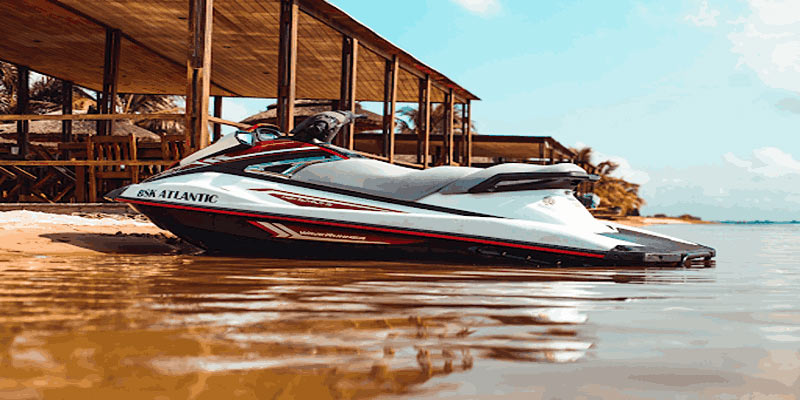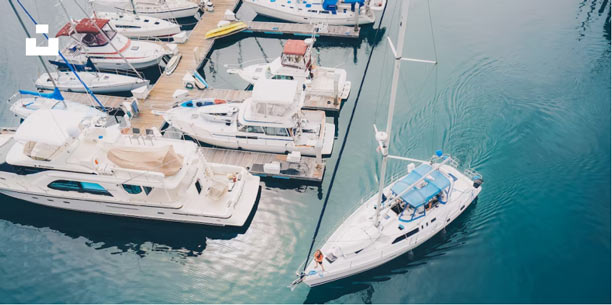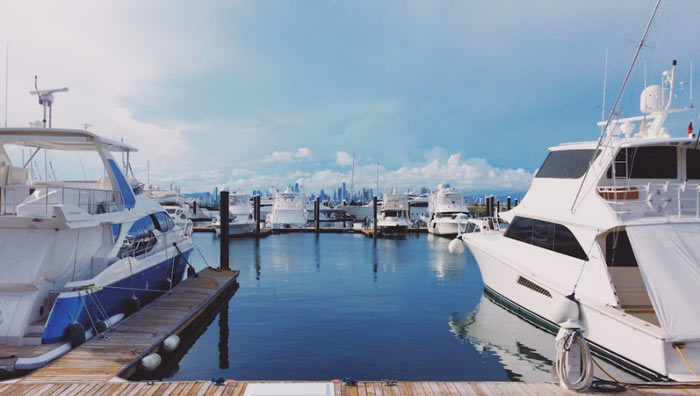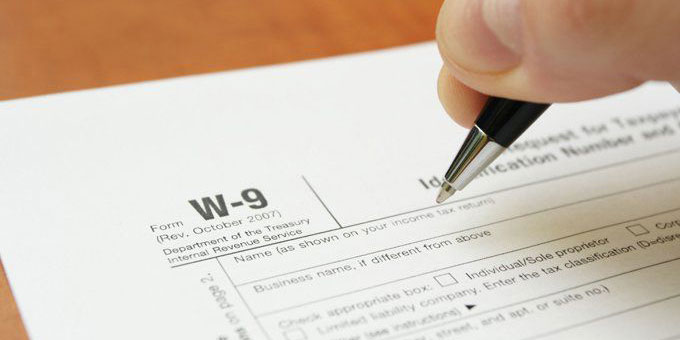
Are you a proud watercraft owner looking to ensure your investment is safe on and off the water? If so, then learning about watercraft insurance may be right up your alley. Whether you own a fishing boat, sailboat, pontoon, or personal watercraft (PWC), protecting yourself and those around you is important. We'll look at the basics of what is covered in watercraft insurance policies and how they can help provide peace of mind for avid boaters. Keep reading to find out more.
Basics of Watercraft Insurance

Watercraft insurance is a type of insurance policy that covers your watercraft, such as boats, yachts, and recreational vehicles. It is similar to auto insurance in that it helps protect you financially if you are found legally responsible for an accident while on the water. Most policies cover liabilities (injuries or property damage) caused by your watercraft and physical damage to the craft itself.
The policy may also cover property damage you cause while driving or operating your watercraft, medical payments for those injured in an accident involving your vessel, and salvage costs if your boat needs to be retrieved from the bottom of a lake or ocean. The coverage typically begins when the vessel is put in the water and ends when it is removed.
Types of Watercraft Insurance

There are several different types of watercraft insurance policies available.
1. Liability
Liability insurance coverage protects you from third-party claims if someone is injured or their property damaged while you are operating your watercraft.
2. Comprehensive Coverage
This policy covers damage to your boat caused by an event outside your control, such as storm damage, theft, or fire.
3. Uninsured/Underinsured Coverage
This type of policy protects you if you are involved in an accident with someone who does not have adequate watercraft insurance.
4. Medical Payments
This policy covers medical expenses for people injured in an accident involving your boat.
5. Salvage Coverage – This policy covers the cost of salvaging your boat if it sinks or is otherwise lost at sea.
Benefits of Having Watercraft Insurance
- Financial Protection – Watercraft insurance can help protect you financially in an accident or other type of incident.
- Peace of Mind – Knowing that you are covered in the event of a watercraft-related accident can provide peace of mind when enjoying your time on the water.
- Easier Financing – Most lenders require that you have watercraft insurance when financing a boat or other type of watercraft.
- Comprehensive Coverage – Watercraft policies can provide comprehensive coverage for physical damage, liability, and medical payments.
- Peaceful Resolution – In the event of an accident, having watercraft insurance can help resolve the dispute peacefully.
- Customizable Coverage – Policies are customizable, so you can tailor your coverage to meet your needs and budget.
Insurance for your watercraft is important to protect yourself and those around you while enjoying the open waters. When looking into different policies, understand what is covered and at what cost to make an informed decision when selecting a policy. With the right coverage and a reliable insurance provider, you can rest assured that your watercraft will be safe on and off the water.
Drawbacks of Having Watercraft Insurance
- Cost – Watercraft insurance can be expensive and not affordable for some individuals or families.
- Unclear Coverage Terms – Policies have complicated terms that are often unclear and hard to understand, so it is important to read any policy thoroughly before signing up for coverage.
- Deductibles – Most policies come with deductibles, meaning you must pay a certain amount before your insurance kicks in.
- Pre-existing Conditions – Many policies do not cover pre-existing conditions or damages before purchasing the policy.
- Limited Coverage – Watercraft insurance has limits on coverage amounts and may not always cover all types of damages. Understanding what is and is not covered under your policy is important before signing up for coverage.
Policy Is Up to Date and Accurate
Ensuring that your watercraft insurance policy is up-to-date and accurate is important. This means reviewing the policy regularly and making adjustments as needed. Remember that it’s also important to consider any changes you have made since purchasing the policy, such as new additions or modifications, so these are reflected in the policy.
It’s important to review your policy's coverage amounts and deductibles regularly. Hence, they align with any changes in value or risk you may have experienced since purchasing the policy.
Watercraft Claim
If you have a watercraft claim, it’s important to contact your insurance provider as soon as possible and provide them with any necessary information, such as details about the incident or accident. Your insurer will then assess the situation and advise you on how to proceed with filing a claim. Once the claim is filed, it’s important to contact your insurer and provide them with any additional information they may need.
Watercraft insurance can be a great way to protect yourself and those around you while on the water. Learning about what is covered in policies and understanding how coverage works can help you decide when selecting a policy.
With the right coverage and reliable insurance provider, you can rest assured your watercraft is safe on and off the water.
Once you have purchased a watercraft policy, it’s important to review it regularly to ensure that all information is up to date and accurate and make any necessary adjustments.
FAQS
What is a good example of a watercraft?
Good examples of watercraft include boats, sailboats, pontoon boats, personal watercraft (PWCs), and jet skis.
What is covered in most watercraft insurance policies?
Most watercraft insurance policies cover damages to your vessel due to accidents or collisions with other vessels; it also covers property damage and bodily injury to other boats or people caused by you while operating your watercraft.
What is the difference between boat and yacht insurance?
Boat insurance typically covers smaller, less expensive vessels like fishing boats and personal watercraft, while yacht insurance covers larger vessels like motor yachts. Yacht policies may also include additional coverage options unavailable with boat policies.
Conclusion
Watercraft insurance covers various water vessels, from fishing boats to jet skis, and their occupants should something happen on or near the water. It removes the financial burden of potential damages or injury in an accident and gives boat owners peace of mind. Watercraft insurance is essential to owning a recreational vessel and should be considered by anyone wanting to spend time on the water.


